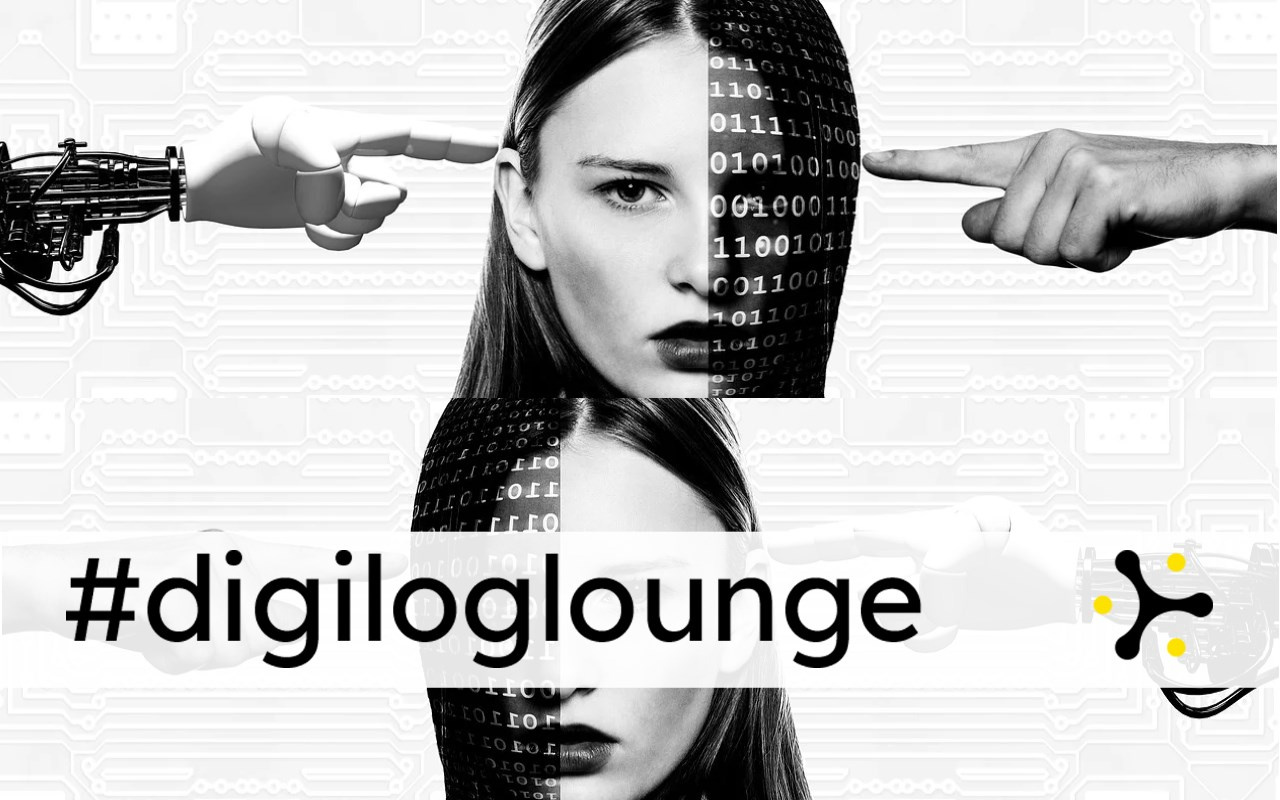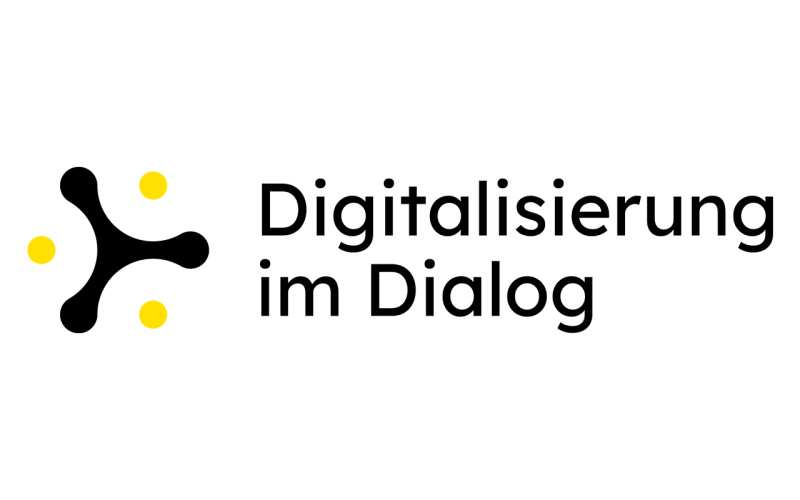Digiloglounge Digital
From Politics to Pornography: Dangers (and Opportunities) of Deepfakes
Thu, April 08, 2021 5:00 pm – 6:00 pm CEST
- Location
- Online
As part of the discussion series »Digiloglounge Digital«, Sabine Faller talks to experts PD Dr. Jessica Heesen and Maria Pawelec about »Deepfakes«!
Deepfakes, or synthetic audio-visual media, are currently spreading rapidly. Advances in the field of artificial intelligence (AI) mean that images, videos and audio files can be manipulated or even synthetically generated with ever less effort, even by technology laypeople, and are increasingly difficult to detect with the naked eye.
Such deepfakes are used in a wide variety of contexts and often arouse great fears. The debate mostly revolves around their damaging potential for politics: as a new form of fake news and disinformation, deepfakes can undermine democratic elections, discredit political opponents, or even trigger intra- and interstate conflicts. The talk takes up these fears and discusses, on the basis of current case studies, how great the danger posed by deepfakes is for democracy. At the same time, however, it also sheds light on the opportunities in the political sphere: deepfakes for satire and parody, political campaigns, art and activism can strengthen democratic debate and will formation.
In addition to politics, the talk also takes a look at other fields of application of deepfakes. Deepfakes are particularly frequently used for non-consensual and revenge pornography. Such fake porn massively violates the personal rights of the victims and causes profound psychological damage. Since the victims are almost exclusively women, fake porn threatens the social equality of women in a digital society. In other fields, however, deepfakes offer great opportunities, for example for the economy. Here, the talk places a special focus on the ethically controversial »resuscitation« of deceased persons through deepfakes.
So how great is the danger posed by deepfakes, and what opportunities do they offer? The talk will address these questions and then discuss possible societal responses.
The event is part of the #digiloglounge discussion series. Once a month, experts from digilog@bw will give an insight into their digital research topics and answer questions in the video livestream!
The event is accompanied by the telegram group zkm_digiloglounge. We cordially invite you to ask your questions in the group chat until November 11!
Note: In order to join the chat group you have to register with Telegram in advance. You can find instructions here.
Prof. Dr Ali Sunyaev is Professor of Computer Science and Director of the Institute of Applied Informatics and Formal Description Methods (AIFB) at KIT. He heads the Critical Information Infrastructures (CII) research group and his scientific work focuses on the development and piloting of trustworthy information systems, their multi-layered contexts of use and reciprocal interactions between human behaviour and information technology.
Dr Benjamin Sturm is a postdoctoral researcher at the Institute for Applied Informatics and Formal Description Methods (AIFB) at KIT. His dissertation dealt with the implementation of systematic information retrieval processes. His research interests include, in particular, design-oriented issues that combine the challenges of open knowledge creation and provision with the possibilities of decentralised technology approaches.
Sabine Faller is a research associate in the department of museum communication at ZKM | Karlsruhe. Her focus is on the conception and implementation of workshops, projects and educational programs in the fields of media art, digital education as well as online learning - currently for the research project »Digitalization in Dialog – digilog@bw«.
Event Website
Imprint
- Moderation

